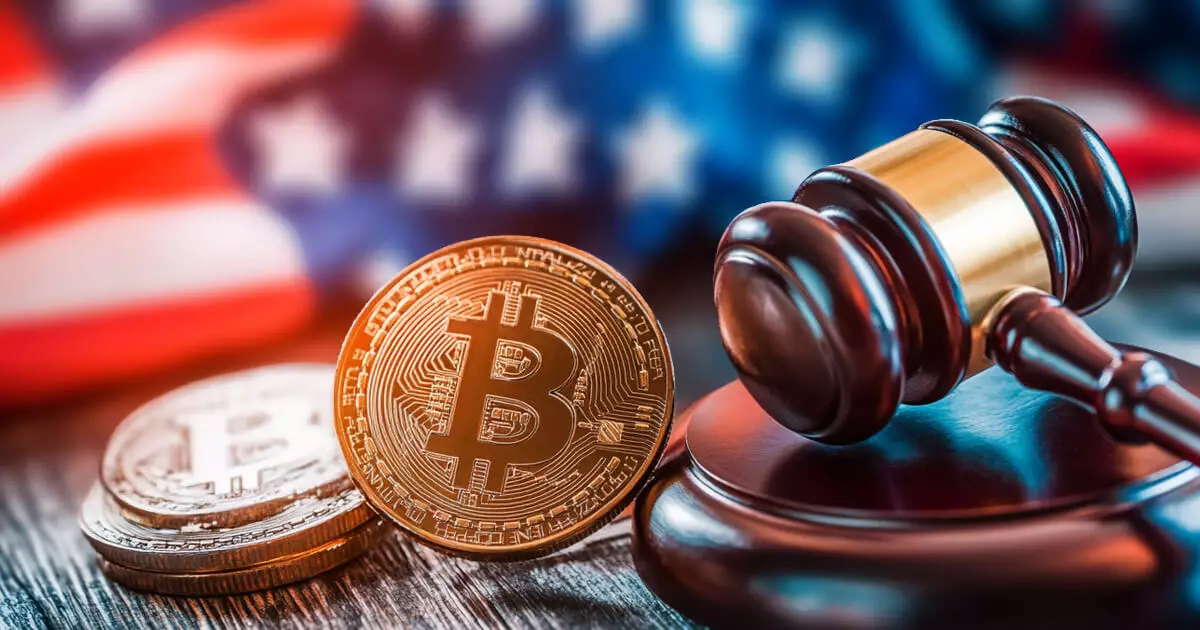The Manhattan US Attorney’s Office is undergoing a significant transformation regarding its approach to cryptocurrency-related crimes. In a recent announcement, Scott Hartman, co-chief of the securities and commodities task force for the Southern District of New York (SDNY), acknowledged a strategic pivot away from the intense scrutiny that characterized the post-Fall 2022 environment. Hartman articulated this new direction during a legal conference, indicating that while the office remains vigilant against fraud in the blockchain sector, the resources allocated to prosecute these cases would decline.
This decision signals an important transition in the legal landscape surrounding cryptocurrencies, especially following a series of high-profile prosecutions, including the notable case against Sam Bankman-Fried, the founder of FTX. This once-volatile financial market has seen a significant breakdown in integrity and a surge in illicit activities, leading to urgent legal responses. However, as the dust begins to settle, the SDNY appears to be recalibrating its efforts in this complicated realm.
The shift at the Manhattan US Attorney’s Office aligns with notable developments in the broader regulatory environment. The upcoming leadership change—highlighted by the nomination of Jay Clayton as U.S. Attorney—introduces an era marked by differing regulatory philosophies. Clayton’s history as SEC chair from 2017 to 2021 was characterized by a more cautious approach toward the burgeoning crypto market. In stark contrast, his successor, Gary Gensler, has adopted a robust and often criticized strategy of extensive enforcement actions across the cryptocurrency industry.
These contrasting approaches underscore a pivotal moment for stakeholders in the crypto space. The aggressive scrutiny under Gensler has elicited concerns from industry leaders, who argue that an overly stringent regulatory environment stifles innovation and growth. On the other hand, some advocates for more tempered oversight hope that Clayton’s appointment might restore a more balanced perspective that encourages development while still ensuring accountability for wrongdoing.
The future of cryptocurrency regulation in the United States hinges on this renewed balance. With enforcement actions waning from the SDNY and leadership that may adopt a more measured stance, stakeholders in the crypto community may find a potential avenue for dialogue and collaboration with regulators. This keenly anticipated shift could foster a regulatory framework that promotes responsible innovation while adequately addressing fraudulent activities.
Moreover, as the market stabilizes, industries connected to cryptocurrencies are eager for clearer guidelines that can help delineate lawful practices and deter illicit behavior effectively. With regulatory bodies critically assessing their previous strategies, the opportunity arises for crafting policies that reflect trends, challenges, and realities in this dynamic tech space.
As the US Attorney’s Office in Manhattan acknowledges its strategic recalibration, the evolving regulatory landscape demands close attention. The interplay between enforcement, industry interests, and investor protection remains delicate, with implications for the future of cryptocurrencies in the financial ecosystem.

